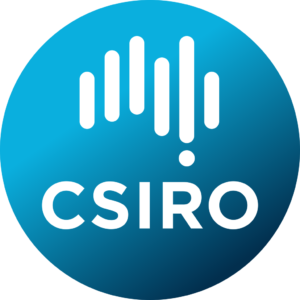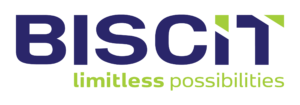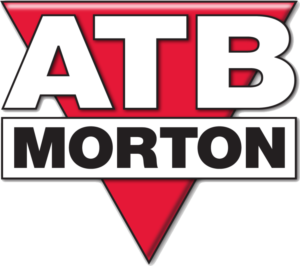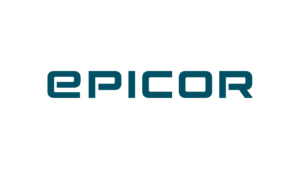Our Projects
Pilot lithium-ion battery manufacturing plant

Project description and overview:
Energy Renaissance (ER) was formed in 2015 to manufacture safe and affordable lithium-ion batteries in Australia, optimised for lowest total cost of ownership in hot climates to satisfy rising domestic and export demand for grid-scale lithium-ion battery storage systems. Working with CSIRO, ER developed a proprietary battery system (‘superRack™ and superPack™’), which is a unique plug-and-play prismatic cell system. This is combined with the Renaissance BMS™ which is a CSIRO-developed cyber-secure battery management system comprising custom circuit boards, software, and wiring.
Collectively, these systems are known as the superStorage™ platform of battery energy storage systems (‘BESS’) which will revolutionise how battery storage technologies can be safely deployed in hot-climate markets. Once fully developed, the superStorage™ platform will monitor, benchmark and self-diagnose battery performance autonomously and efficiently, supported by human intervention to develop customer specifications and deliver customer service. In 2020 ER designed and built a prototype BESS system which is now complete.
The challenge now is to bring this technology to market cost effectively at price points that take advantage of validated demand for hot-climate designed BESS in Australia and Asia. ER will design, commission and operate a pilot lithium-ion battery manufacturing plant (Project ‘Apollo’) to develop, test and document the technology, systems and processes required to operate a full-scale manufacturing facility (‘Renaissance One’) at Tomago, NSW.
ER’s superStorage™ products will be the first lithium-ion battery energy storage system and battery management system to be manufactured in Australia. Today, battery energy storage customers send requests for proposal to systems integrators, who design and pull together solutions. Currently, all integrators depend upon importing batteries from overseas manufacturers – typically from South Korea. Project Apollo is therefore a key step towards supporting scale manufacture of lithium-ion batteries in Australia and onshoring key parts of this supply chain.
EXPECTED IMPACT
- Increased collaboration with other manufacturers
- Increased spending on R&D
- Increased information and communication technology (ICT) intensity
- Increased number of staff with science, technology, engineering, and maths (STEM) skills
- Better qualified employees
- Larger patent portfolio
- Increased levels of automation
- Newer equipment
- Smarter inventory management
- Greater capital intensity
- Higher product value density
- Larger geographical reach
EXPECTED GROWTH
- Energy Renaissance forecast $95.7M in revenue directly related to this project (excluding the larger Renaissance One facility) over the next 5 years
EXPECTED JOBS
- Energy Renaissance plan to employ 11 new staff during this project
Contributions:
Government Funds: $525,072 | Industry: $525,072 | In-Kind: $427,681





